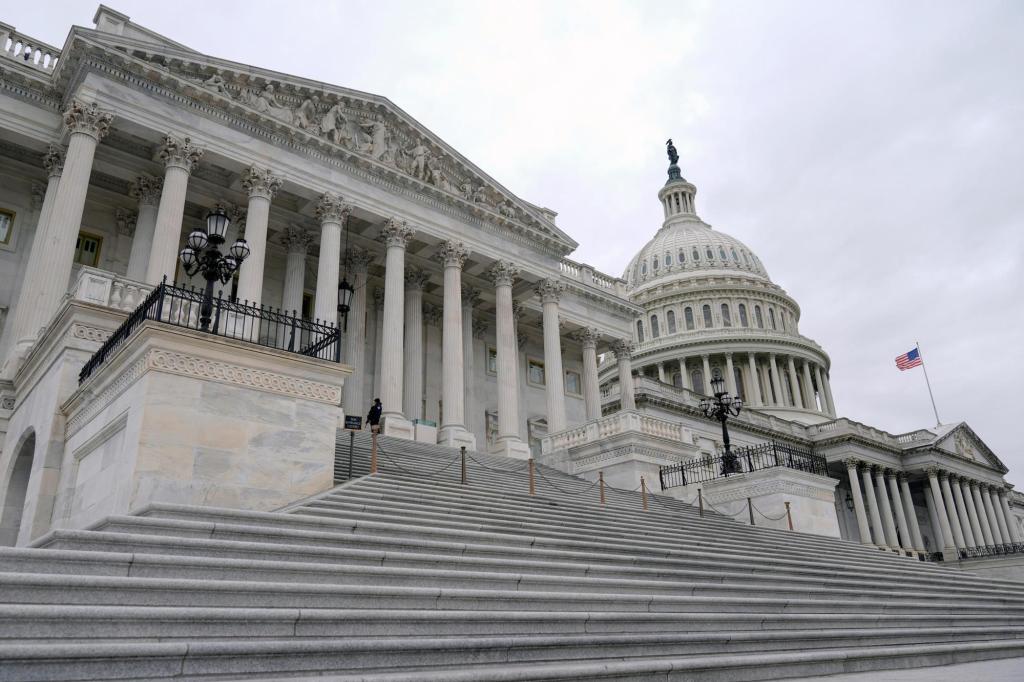Imagine you’re a low-income parent, faced with the impossible choice of paying for food or the gas to get to work. Or one day, your child care provider doesn’t show up, leaving you to decide between leaving your children with an older sibling or risking the low-paying job that keeps a roof over their heads. Or, you face losing custody of your children simply because you couldn’t afford rent — or because you fled your home to escape domestic violence.
Every day, across Virginia and the United States, thousands of families are torn apart — not because of neglect or abuse, but simply because they don’t have enough money.
In the summer, youth and advocates testified before Congress, sharing stories and data showing that many cases of “neglect” are due not to willful neglect, but lack of resources that many of us take for granted. Congress then sent a crucial bill to President Joe Biden, who signed it Jan. 4, the Supporting America’s Children and Families Act.
In Virginia, the majority of the 93,000 calls to Child Protective Services in 2023 were invalid. Of the remaining two-fifths (37,000) that merited assessment or investigation, 70% were allegations of “neglect.” Only a small number — fewer than 3,000 — resulted in any finding of abuse or neglect.
Many are considered “poverty-adjacent neglect”: When families struggle financially, even loving, caring parents can appear neglectful. Foster care is traumatic; harmful effects can last a lifetime. Placing children in the custody of the state simply because families don’t have enough money is a tragedy. Further, foster care is extremely expensive, costing Virginia more than $900,000 a day.
In recognition of this, the Supporting America’s Children and Families Act allows states to use federal dollars to address the “acute needs of families living in poverty that might otherwise lead to investigations for neglect.” Further, states must develop policies to ensure poverty alone, absent actual abuse or neglect, does not separate children from their parents.
Because many caseworkers, lawyers and even judges are not trained to assess the difference between neglect and need, Virginia must do more than just create a “policy” to prevent family separation: we must truly shift how we think about low-income families.
Funding to provide for immediate family needs will prevent the separation of children from a mother who fled domestic violence but has no place to live, from a father at risk of eviction due to money he owes the state or from a family whose water was shut off because they had to choose between water and food.
Other provisions include paperwork reduction to allow caseworkers to focus on helping families and children; increased support for relatives raising children who might otherwise enter care; and implementation of guidelines to ensure children in care maintain relationships with parents incarcerated for short periods. One provision of this act could have made a bill from Del. Anne Farrell Tata even more consequential for youth aging out of foster care. Her “Future in Focus” bill (House Bill 1964) will expand some services and supports to older youth up to age 23; the federal act would allow use of these funds until age 26.
The act will facilitate access to legal services — important for ensuring families are not separated unnecessarily — and improve court technology for remote legal hearings, so families can participate without taking a whole day off from work or school.
Most importantly, states now must include youth and parents in the process when developing their policies. Families know best what they need.
Virginia must enact these and other family-friendly policies, such as paid sick leave, child care stipends, livable wages and child tax credits, so no families are separated due to poverty. We must give our children the security of knowing they won’t be sent to live with strangers simply because their families don’t have what they need. We will save money on foster care at the same time.
Valerie L’Herrou is the deputy director for the Center for Family Advocacy at Virginia Poverty Law Center in Richmond.



